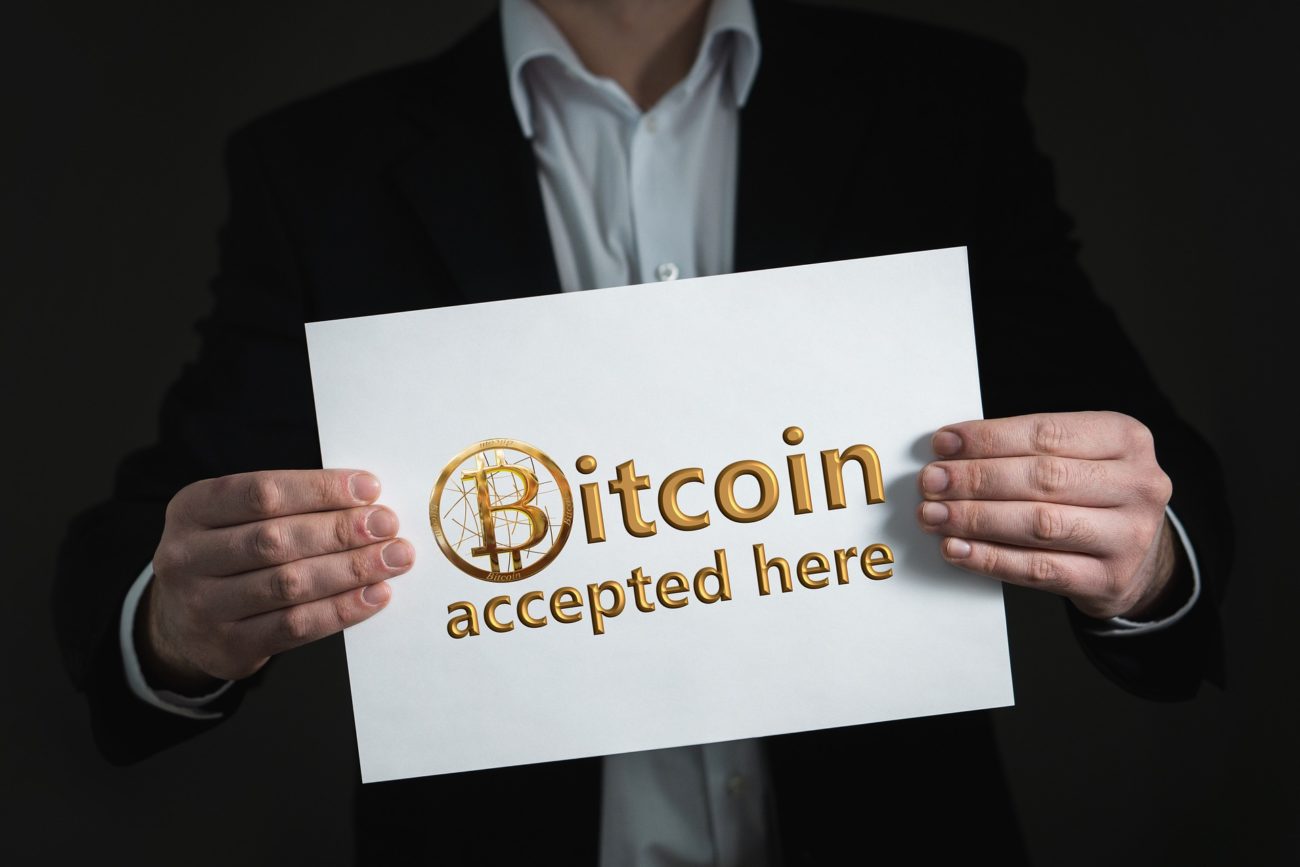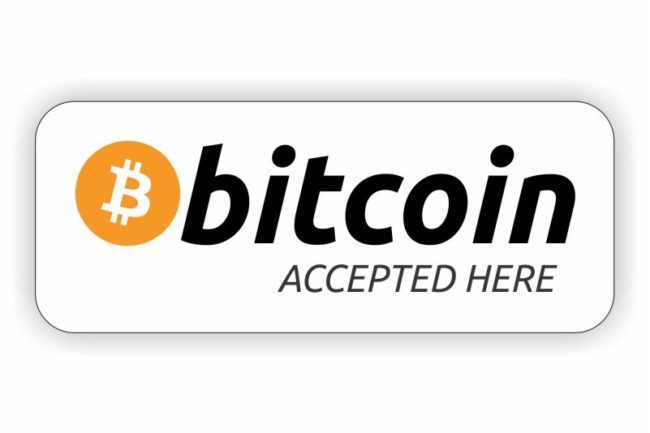We accept BitCoin payments - Pay your bailiff in Bitcoin
As the first bailiff's office to accept Bitcoin payments, to the best of our knowledge, we chose to accept this method of payment for several reasons, while making bailiffs, Bitcoin and security go hand in hand.
The first of these is that it is nowadays impossible to deny the existence of crypto-currencies. They are becoming widespread, and are far from being relegated to a use in the dark web. Many companies accept BitCoin payments and, to name just a few, you can now make a donation to the Fondation de France to rebuild the Notre Dame Cathedral, or to Unicef, participate in financing Wikipedia, buy a bike or have a meal delivered to your home from a restaurant... and all that... in BitCoin! The Conseil d'Etat itself recognized the existence of cryptomonnages by assimilating them to intangible movable property, subject to capital gains tax on movable property, and the Pacte law gave it legal recognition.
Moreover, according to a survey commissioned by the Luno cryptomoney sales platform and carried out in June 2018 by the Kantar TNS institute with a sample of 1013 people, 36% of French people are familiar with the concept of cryptomoney, 19% of this group own it, and 68% of the owners of cryptos hold bitcoins. A quick calculation allows us to deduce that, according to this study, 4.6% of the French would own Bitcoins. It should also be noted that the other crypto-currencies, less widespread in France, are nevertheless making a breakthrough, particularly with regard to Ethereum and Dash.
Consequently, it is unthinkable for a changing profession such as that of judicial officers, soon to be Commissioner of Justice, not to offer this means of payment to its customers, as well as to its debtors.
The second reason is that BitCoin payments have the huge advantage of being final. There is no chargeback or chargeback (the possibility of being reimbursed by the bank for a payment on the Internet in certain cases provided for by the monetary and financial code), nor any problem of credit card theft or rejection for lack of funds. Once the BitCoin payment has been made, this payment is final.
Third advantage: BitCoin payments are not affected by exchange rates. However, our firm is active outside the Euro zone, in particular to collect debts or to serve documents at the request of parties abroad. Our clients do not have to manage an exchange rate, and we do not have to offer payments in dollars, yen, or yuan: thanks to BitCoin, anyone in the world can make a payment without having to calculate an exchange rate, and without having to manage a bank commission. Paying a bailiff in Bitcoin when you are in China is surprisingly easier than paying him in Euro .
Dernière raison qui nous a poussé à accepter ce mode de paiement : l’immédiateté du paiement que l’on ne retrouve pas lors d’un paiement en monnaie fiat (les monnaies fiat sont les monnaies dont les cours légaux sont imposés par un gouvernement sur un territoire ; il s’agit des monnaies « classiques »). Ainsi, lors d’un paiement par virement ou à l’aide d’une carte bancaire, le compte n’est crédité que quelques jours après le paiement, alors que lors d’un paiement par chèque, le paiement n’est parfait qu’une fois le délai d’encaissement expiré (souvent entre 2 et 3 semaines).
Lors d’un paiement en cryptomonnaie, les fonds sont transférés en quelques secondes à quelques minutes.

Cryptocurrency: legal regime
Legally, Bitcoin and other crypto-currencies cannot be called "currency". Indeed, Article L111-1 of the Monetary and Financial Code states that "the currency of France is the Euro".
Furthermore, Article L315-1, I of the Monetary and Financial Code states that "electronic money is a monetary value that is stored in an electronic, including magnetic, form representing a claim on the issuer, that is issued against the remittance of funds for the purposes of payment transactions as defined in Article L. 133-3 and that is accepted by a natural or legal person other than the issuer of electronic money. »
According to Aristotle, and this definition is still valid today, money is defined by three functions that are :
- unit of account
- store of value
- exchange intermediary (this is the final value of the currency)
As crypto-money is generated independently of any initial remittance, there is no store of value, and therefore it cannot be qualified as electronic money. It should also be noted that it is not created by a central authority (such as the European Central Bank for the Euro) but by "miners" based on the concept of "crypto-currency" (emanating from cryptography - which groups together all the techniques used to encrypt messages) using chains of blocks: the famous Blockchain.
This does not mean that payment in Bitcoin is illegal.
Indeed, the Bitcoin protocol is legally recognised in France, but it simply does not enjoy the protection afforded to the euro. It is therefore not possible to demand to be paid in cryptomoney, and it is, on the contrary, quite possible to refuse to be paid in Bitcoin.
In this context, a purchase made in Bitcoins is more like an exchange of values than a real payment. Economically, however, Bitcoin allows you to define a value and to make exchanges and thus fulfils the function of a currency.

BitCoin payments with regard to the obligations of Judicial Officers: Bailiffs and Bitcoin: how to reconcile them?
Like any French company, we can invoice in a foreign currency, as long as it is internationally recognized and mutable, which is not the case for crypto currencies. This is why our invoices cannot be issued in BitCoin.
With regard to the payments we receive in BitCoin, it is important to distinguish between payments for our bills (an Internet statement for example), and payments to creditors. Regarding the former (payments of our invoices), we have no other obligation than to collect VAT, pay it and declare our income. It does not matter whether the payment is made in BitCoin or not, since a company can declare the counterpart in Euro of the value of the cryptomoney.
On the other hand, concerning payments that we receive on behalf of a third party, Article 2 of the Order of 2 November 1945 provides that
Under conditions set by decree in the Council of State, the sums held by the judicial officers on behalf of third parties, in whatever capacity, are deposited in a specially allocated account opened for this purpose with a financial institution.
Ce compte « affecté à la détention des fonds pour le compte de tiers » est quant à lui nécessairement tenu en euro. C’est la raison pour laquelle, nous avons conclu avec la plateforme BitPay un contrat prévoyant le reversement immédiat de la contrepartie en euro de la somme payée en bitcoin, directement sur notre compte affecté.
In this way, we immediately secure the payment of the litigant, and can immediately proceed with the transfer of the funds to the creditor.
This is how bailiffs, Bitcoin and legal security come together.
To open a Bitcoin account, it's here:





